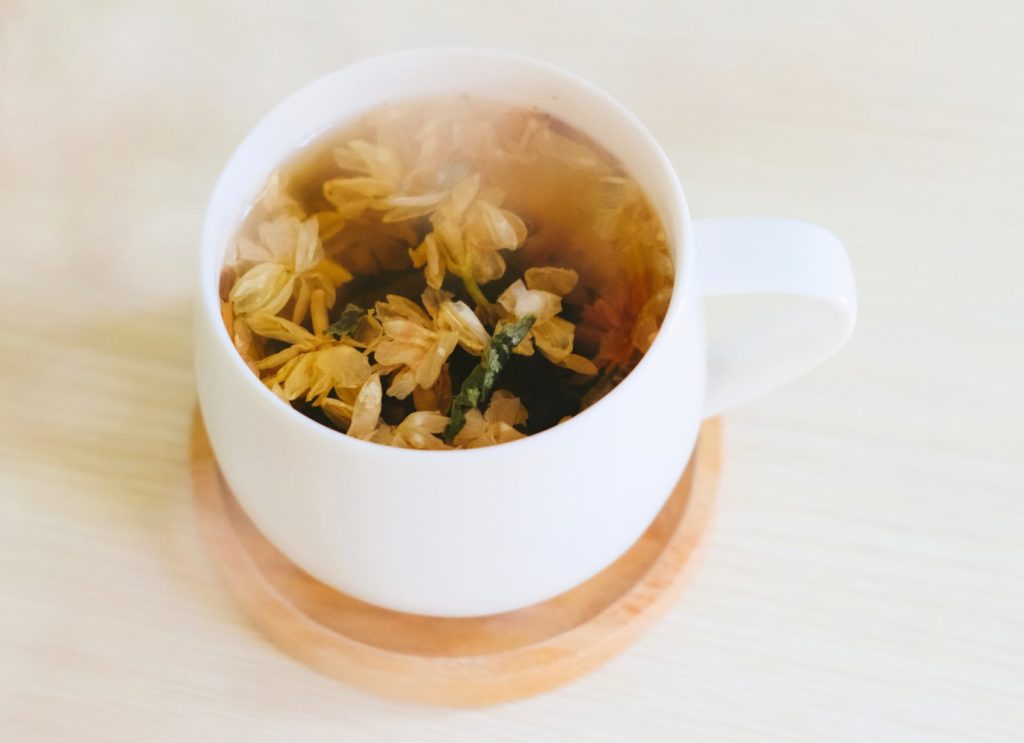Naturopathy encompasses all natural therapies designed to prevent, treat and support the treatment of various illnesses.
Firstly, there arelifestyle techniques such asphysical activity and nutrition. These are the two pillars of a healthy life in a well-balanced body.
Added to this are the psychologicalincluding first and foremost theactive listening and using a variety of approaches to provide tools for learning to communicate clearly, to manage your emotions, à understand its physiological functioning, its blockages and traumas in order to unveil itself and be the best possible Self today and tomorrow.
Manual techniques such as massage and reflexology can help prevent and/or cure certain physical ailments. What’s more, the physical contact shared in the kind heart of the therapist helps you to reconnect with yourself, both physically and psychologically.
Prescriptive approaches use what nature has to offer to treat our various ailments. Phytotherapy is herbal medicine;aromatherapy is treatment with essential oils; micro-nutrition offers food supplements (vitamins, minerals, amino acids, antioxidants, etc.) to supplement what is not provided by the diet.
Energetic approaches add subtle dimensions beyond the comprehension of modern science.
Finally, a number of naturopathic techniques are added to complete the picture. Home hygiene includes geobiology and environmental toxicology* to optimize your living environment. Derivative methods such as poultices and wraps are designed to divert toxins and facilitate their elimination. Hydrotherapy covers a wide range of water therapies, as well as saunas and steam baths.
* It is also, and even primarily, a scientific discipline.

The naturopathic approach is based onancient principles that vary from school to school.
The theory of humours originates from Hippocratic philosophy, according to which a thickening of the body’s fluids, due to fouling, is at the root of all pathology. This theory, considered obsolete by the medical profession, is still current among naturopaths. That’s why many naturopathic treatments aim to cleanse the body of the waste products it struggles to eliminate.
The principle of constitutions and temperaments is based on the theory of humours and has many parallels in other cultures, such as the five elements in traditional Chinese medicine or the three Ayurvedic constitutions. Depending on our constitution (typology at birth) and temperament (typology at the present moment; the result of cumulative experiences from conception to the present day), we are predisposed to certain imbalances, and some treatments will be more appropriate than others.

The integrative approach seeks to integrate (hihi) scientific and medical approaches, which have enabled considerable progress, and complementary and traditional approaches, which have nonetheless contributed to the survival and flourishing of the human species through the ages.
My dream as a practitioner would be to be able to do everything for everyone, and to collaborate with other medical therapists who could also do everything for everyone. Reality unfortunately brings me back to my state as a human being, doing my best, with many tools, to get closer to it, and I’m not afraid to recommend other approaches, even if they suit you better and we don’t see each other anymore (sniff!). Well, if you’re healthy and don’t need anything, yay!)
I therefore consider all therapists, doctors, psychologists and other health professionals to be wonderful agents of physical, mental, social, emotional and spiritual wholeness, and strongly recommend that you take advantage of all we have to offer in these fields 😉

N. B. these lines reflect my approach, which is not necessarily that of all naturopaths and health practitioners. I believe that all our approaches have a place if they help at least one person.